Froome: I want to be a spokesman for clean cycling
Tour de France champion says athletics should follow cycling's lead
The latest race content, interviews, features, reviews and expert buying guides, direct to your inbox!
You are now subscribed
Your newsletter sign-up was successful
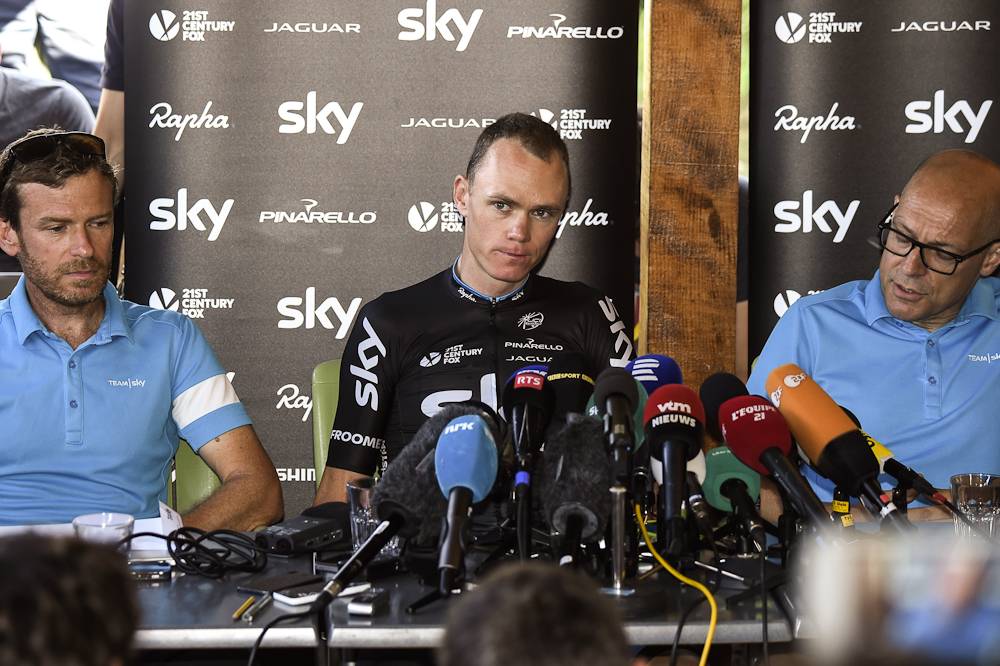
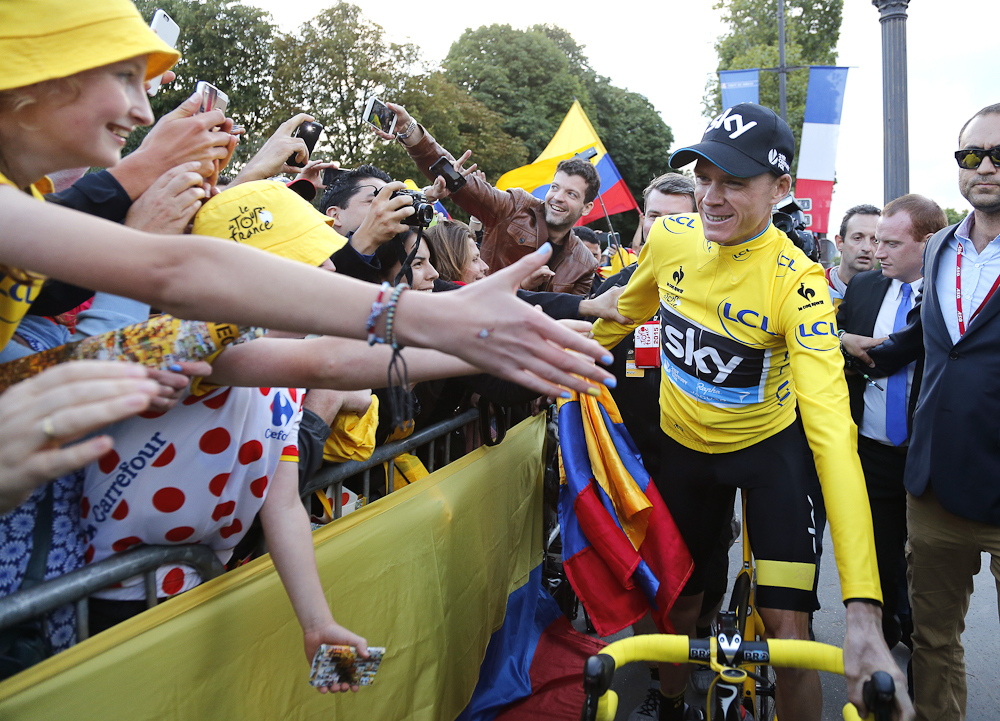
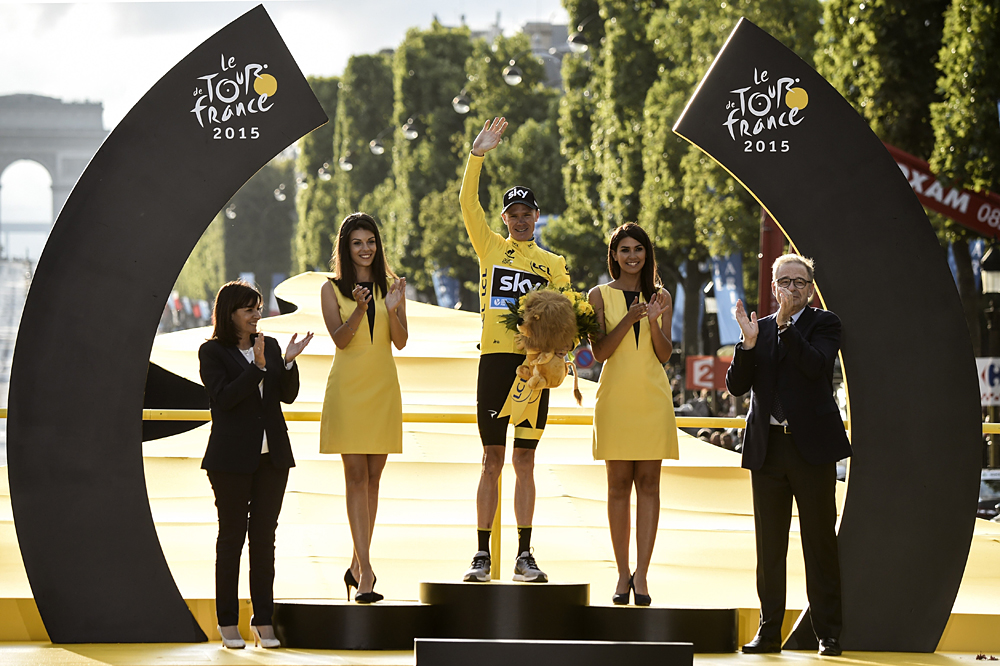
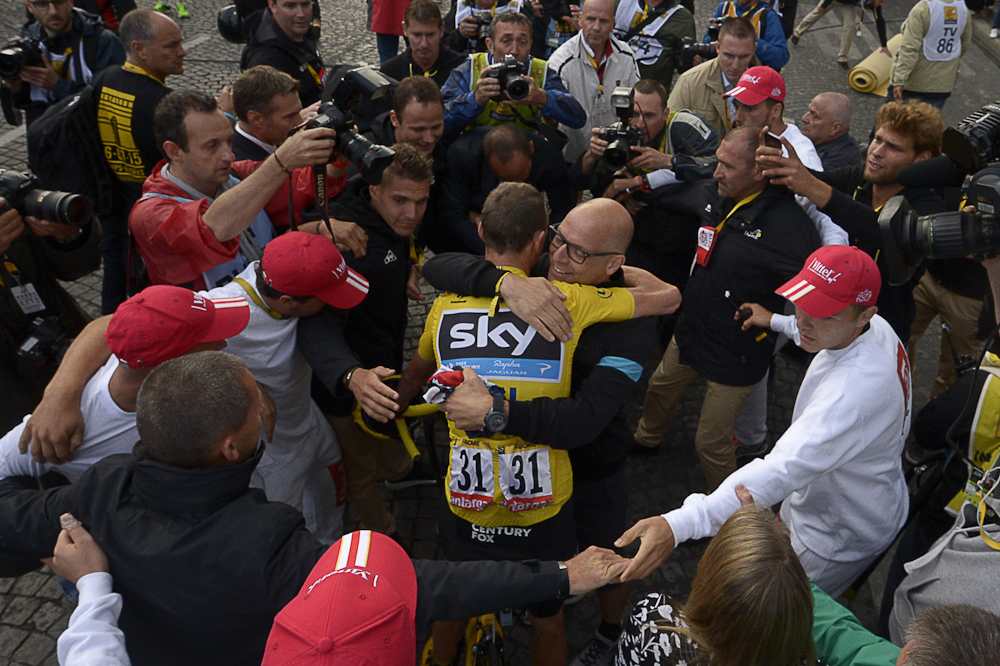
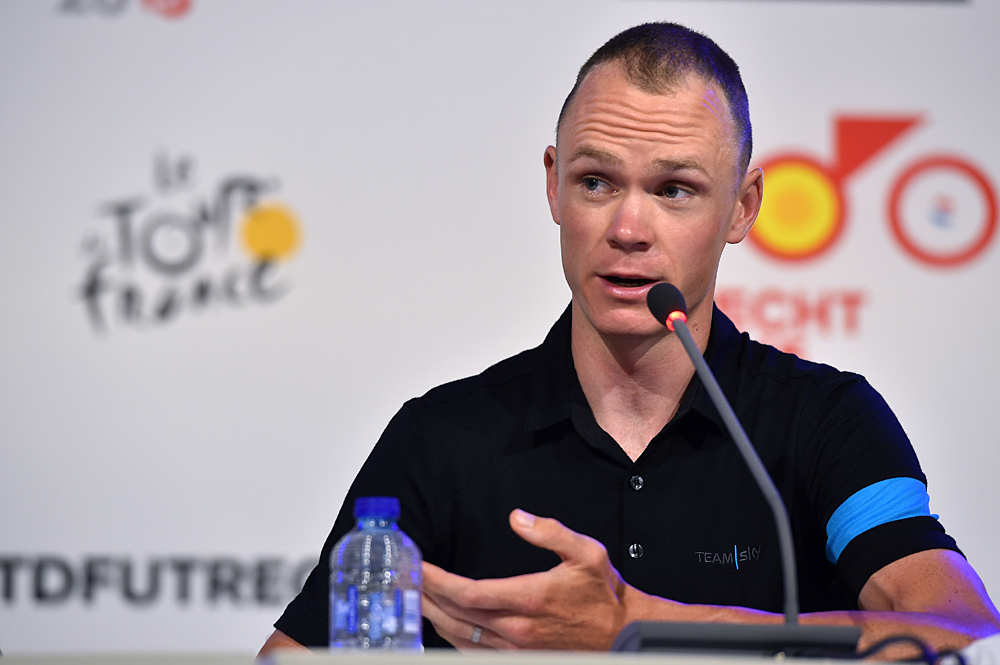
Chris Froome (Team Sky) has told the BBC that he would be willing to put more of his personal data into the public domain in order to prove his results have been obtained by clean methods. During the Tour de France, some of Froome's performances were called into question in some quarters, particularly his victory at La Pierre-Saint-Martin.
The furore was such that Team Sky took the decision to release Froome’s data from his stage-winning ride. "I'm happy to do that. I'm happy to release more information when I can and to show people they can trust these performances," Froome told the BBC.
"I do want to be a spokesman for clean cycling. I believe somebody has to stand up for the current generation."
During the Tour, Froome also said that he would be prepared to undertake independent physiological testing, outside of the UCI’s testing programme. Cyclingnews spoke to experts after the announcement, who said that tests would have to be done throughout season, including peak times such as the Tour de France. Froome reiterated his pledge during the interview, although no date has been set for when this might happen.
"It's something I wanted to do from the start of the season, even before all this came up during the Tour," said Froome, who believes that he could benefit on a personal level from the extra testing. "The physiological testing could even help me understand what makes me who I am and what it is about me that allows me to make the efforts I do."
Should athletics follow cycling?
During the interview, Froome was also asked to comment on the current doping scandal that has engulfed athletics. Earlier this month, the Sunday Times got hold of data from 12,000 blood tests and reported that some 5,000 of those were suspicious. The athletics community, notably IAAF vice president Seb Coe, have defended the sport’s testing programme, but Froome believes that they could do more.
The latest race content, interviews, features, reviews and expert buying guides, direct to your inbox!
"From what I understand, the testing hasn't been at the level that it is in cycling," Froome said. "It is going to have to invest a lot more heavily in anti-doping. That would be a step in the right direction."
Both cycling and athletics have been plagued by doping scandals in the past, with cycling’s darkest time coming during the so-called EPO years of the1990s and early 2000s. Cycling is by no means in the clear and the indiscretions of the past mean that fans are often more suspicious of strong performances. Froome insisted that cycling has taken big steps forward from those times.
"I believe some things have changed quite substantially [for cycling] since the dark ages of 10 to 15 years ago when the sport was really dirty," Froome said. "The testing has really evolved and the UCI has now implemented 24-hour testing. I have every confidence that the system now really works."

